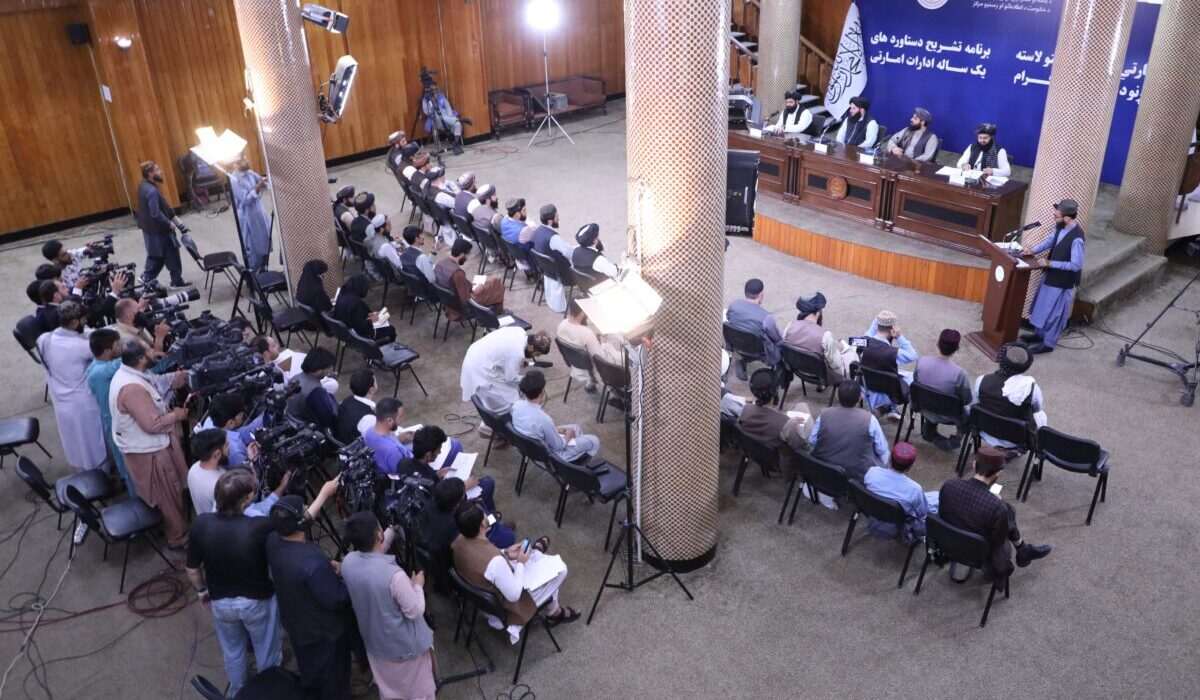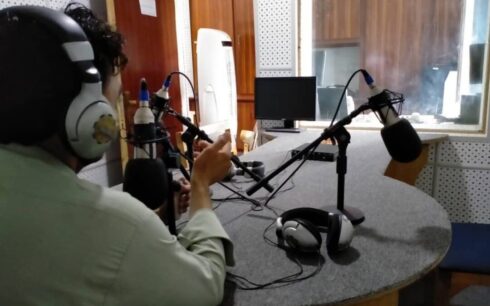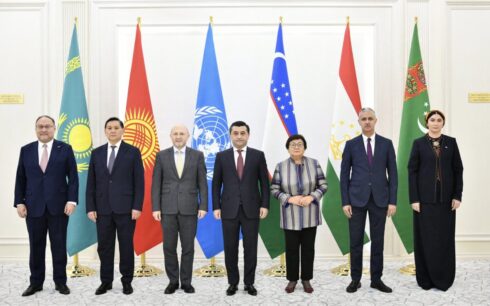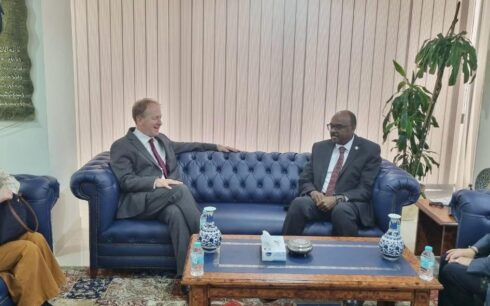Journalists in Afghanistan report that their working conditions have deteriorated significantly since the Taliban’s return to power, with challenges ranging from restricted access to information and economic hardship to censorship and job insecurity.
One journalist, who requested anonymity for safety reasons, described the environment as increasingly stifling. “The lack of access to information and media censorship has made it impossible for journalists to properly cover stories and deliver news to the public,” the journalist said. “Since the Taliban took power, many media outlets have been subjected to censorship. Journalists face numerous threats, including imprisonment and physical violence. It has become nearly impossible for many to continue their work.”
Media shutdowns and arrests
According to a report by the Free Speech Hub, more than 300 media outlets have ceased operations since the Taliban takeover, citing restrictive policies and severe economic challenges.
The Afghanistan Journalists Center also reported that over the past year, at least 12 television networks have been forced to shut down due to Taliban-imposed restrictions. During the same period, 30 journalists and media workers were detained by the Taliban, with seven still in custody, according to the organization.
Mustafa Shahryar, an Afghan journalist, highlighted the compounded difficulties faced by reporters.
“Economic challenges, lack of access to information, and bans on filming have severely disrupted our ability to report the news,” he said. “These restrictions have erased freedom of expression. We call on organizations supporting journalists to ensure this profession is not completely destroyed.”
A 2024 survey by Reporters Without Borders ranked Afghanistan 178th out of 180 countries in terms of press freedom, reflecting a sharp decline since the Taliban regained power.
The Taliban’s strict controls on media and information have drawn international condemnation, with observers warning that the erosion of press freedom is silencing critical voices and undermining transparency in Afghanistan.





